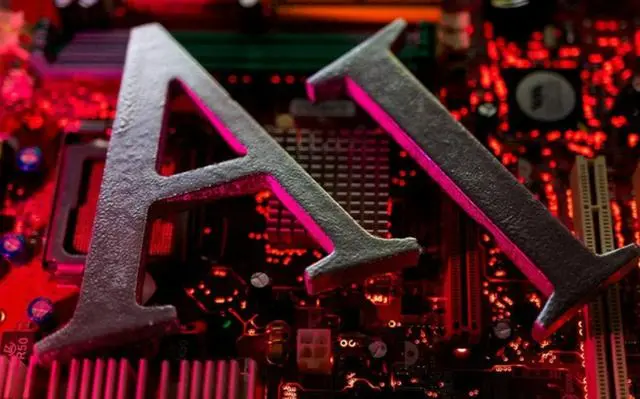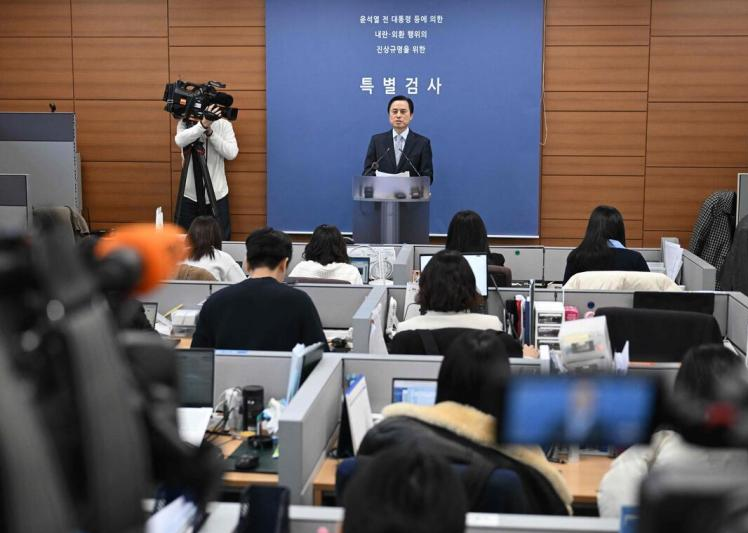
The Biden administration is reportedly considering further restrictions on China's access to chip technology used in artificial intelligence, which would target new hardware technologies that are just entering the market and have not yet sprouting.
Citing people familiar with the matter, Bloomberg reported Wednesday that U.S. officials plan to restrict China's use of a technology known as the wraparound gate transistor (GAA) cutting-edge chip architecture. This technology allows semiconductors to be more powerful, and chip makers are now introducing it into mass production.
The White House's goal is to make it harder for China to assemble the complex computing systems needed to build and operate AI models, and to insulate the technology before it can be commercialized, said the people, who spoke on condition of anonymity.
The Bureau of Industry and Security recently submitted a draft GAA limit to a technical advisory committee, but it is unclear when the authority will make a final decision as the current draft limit has been criticized by industry as too broad and officials are still drawing out the scope of potential new rules, according to people familiar with the matter.
It is unclear whether the new measures will aim to limit China's ability to develop its own GAA chips or further discourage overseas companies, especially U.S. companies, from exporting related products to Chinese electronics makers.
U.S. chip giants including Nvidia, Intel and Advanced Micro Devices, along with manufacturing partners TSMC and Samsung Electronics, are vying to begin mass production of GAA-designed semiconductors next year.
The United States has imposed many restrictions on exports of advanced semiconductors and chip-making equipment to China because of concerns that advanced human skills could be used for military purposes. The US Department of Commerce, which is responsible for supervising export controls, has earlier indicated that the White House will constantly revise the high-tech export control rules to China and continue to adjust relevant measures.
U.S. Commerce Secretary Maria Raimondo said in December that she acknowledged that many U.S. chip executives were unhappy with the export restrictions, "but protecting our national security is more important than short-term revenue," and "we will never let China catch up."
Still, with the November presidential election looming, the Biden administration is racing against time to roll out more new regulations and weigh which technologies to prioritize.
Some U.S. Allies are also working on their own export controls on GAA technology, according to a handshake agreement reached during recent trade talks.

YTN TV of South Korea reported on Tuesday (December 16) that the South Korean court plans to make a ruling on the charges of former President Yoon Suk Yeol for obstructing justice on January 16, 2026.
YTN TV of South Korea reported on Tuesday (December 16) tha…
On December 7, a new round of intense military conflict bro…
Recently, US media disclosed that the Pentagon is planning …
From three launch failures and a brush with bankruptcy to n…
Recently, a major piece of news has emerged in the US polit…
Against the backdrop of the Federal Reserve's third rate cu…